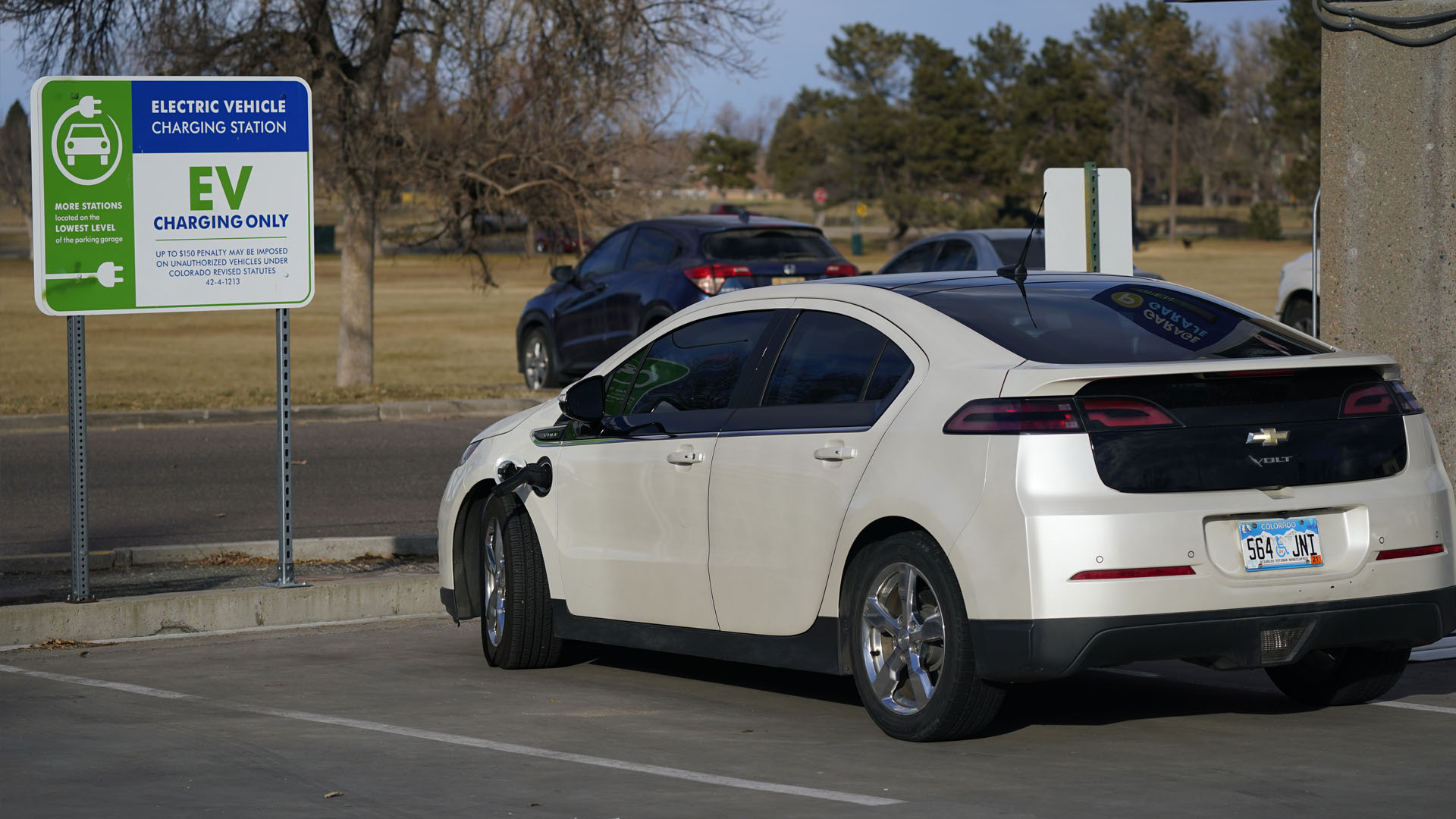

The Biden administration announced Thursday that as a part of the federal government’s investment in electric vehicle charging infrastructure, it plans to set minimum standards for charging stations. The government intends to ensure that all stations no matter their location within the United States are equipped with a minimum number of chargers that provide consistent charging speeds. Likewise, it plans to standardize payment methods, pricing information, and mandate “strong workforce requirements for installation, maintenance, and operations” of charging stations in an attempt to boost network quality and reliability.
The standards are subject to change following a review period, however, a draft of the requirements has been uploaded to the Federal Highway Administration’s website. It is worth noting that these standards apply only to stations built using funds from the National Electric Vehicle Infrastructure program, NEVI. NEVI was created as a part of the $1.2-trillion bipartisan infrastructure bill passed last year and has access to $5 billion in funding.
NEVI stations will be required to have “at least four charging network-connected Direct Current Fast Charger (DCFC) ports” capable of charging four vehicles simultaneously at 150kW. They must all be of the common Combined Charging System (CCS) type. Before 2022 ends, a port may also be equipped with an older CHAdeMO connector as well as the CCS type. Other proprietary connectors may also be included, such as a Tesla-style connector. AC Level 2 charging ports are also part of the plan. If included in a station, they must have permanently attached J1772-type connectors and all be capable of providing at least 6kW.
All of these chargers must be easy to use for able-bodied as well as disabled people. The plan requires contactless payment as standard, and mandates stations must be open 24 hours a day seven days a week. Any sort of membership that is required to access these chargers is not allowed.
All of these standards are important to ensure that if an individual stops at a station, they will be able to charge. This will doubtlessly reduce range anxiety if the plan is a success. Likewise, the proposal says that stations must be safe and well illuminated, which will make vulnerable people less hesitant to stop at a charger they’ve never been to before.
Combined with the requirements for installation and maintenance, the plan has the potential to be a major plus for EV ownership and charging. While gas stations have had decades to expand and improve naturally as demand increased, EV charging stations have had little time to mature. The proposals from the President Biden administration as well as the funding from the bipartisan infrastructure bill will hopefully make unreliable stations a thing of the past. As EV prices go down and adoption increases, access to reliable charging is an absolute must.
Got a tip or question for the author? You can reach them here: peter@thedrive.com